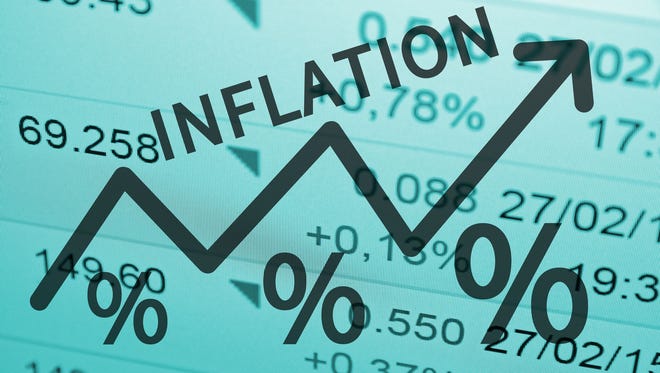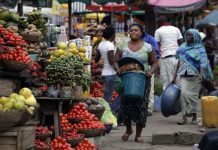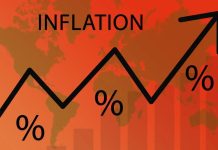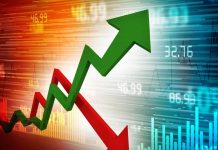Africa Press-Nigeria:
Growth rate in the manufacturing sector is projected to suffer further decline in September and third quarter of 2020 as operators come under a renewed wave of inflation and foreign exchange scarcity.
Last week the National Bureau of Statistics, NBS, announced that Nigeria’s inflation soared to a 29-month high of 13.2 per cent. This is the 12th month consecutive rise and the highest level since March 2018.
The sharp increase in headline inflation was driven by a faster month-on-month inflation, which was up 10 basis points to 1.3 per cent, the highest since June 2017.
This development, according to the sector leaders, was already taking heavy toll on the manufacturing companies and it has now been complicated by an increasing difficulty in getting foreign exchange to import foreign components for their production.
Consequently, the Manufacturers Association of Nigeria has noted further deterioration in the sector’s key performance indicators such as capacity utilization, unsold goods inventory as well as sector contribution to Gross Domestic Product, GDP, in the current month to year end 2020.
A survey by Chief Executive Officers’ (CEO) Confidence Index Report of MAN also listed the major factors that would lead to the poor performance of the manufacturing sector to include:
Increasing difficulty to source foreign exchange (forex); dearth of trade facilitation infrastructure, poor access to the ports and prolonged turnaround time for clearance of cargoes; inadequate and epileptic electricity supply (with manufacturers spending N67.38 billion or 38 percent of production cost on self-generated electricity in 2019 alone); dearth of loanable funds and high cost of borrowing (with interest rates as high as 22.5 percent); and multiple regulations from various regulatory agencies, amongst others.”
MAN also says that unfriendly operating environment and inconsistent government policies were responsible for the weak results recorded in the sector so far this year, which was further worsened by the COVID-19 pandemic.
Unsold goods inventory value is projected to reach an all timehigh of N500 billion by end of the year, almost 25 per cent up from N402.4 billion recorded by the sector in 2019.
NBS statistics had indicated that the contribution of the sector to GDP has been unstable since last year, while recording a sharp decline of -8.78 per cent in the Q2-2020 as against the positive position of 0.43 per cent in Q1 2020. The best performance of the sector was a 1.24 per cent GDP in the fourth quarter of 2019.







